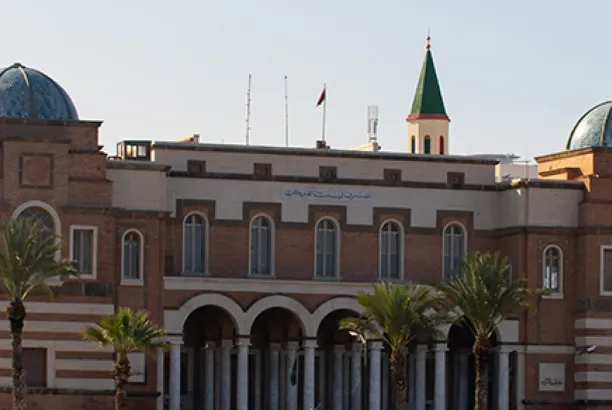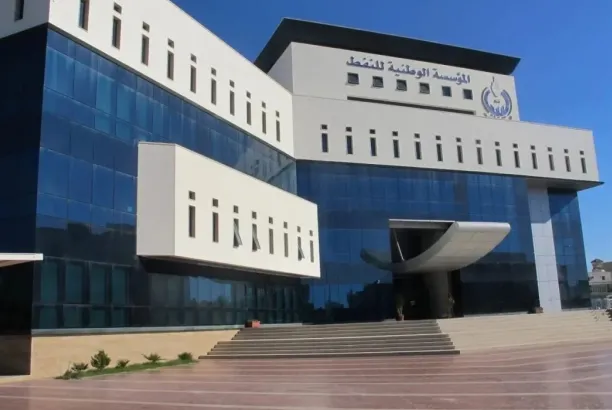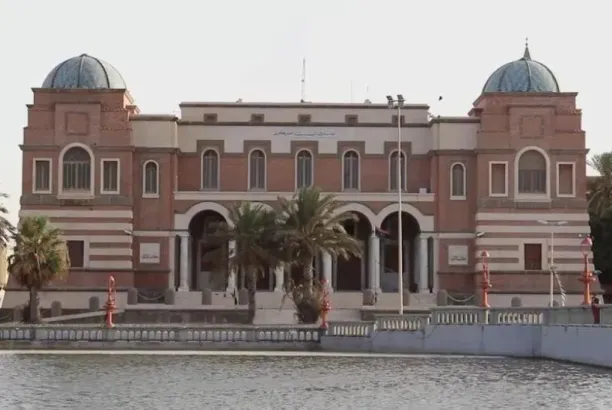
| News
German Website: Abu Salim District Generates $300 Million Monthly from Smuggling — Oil Fuels Corruption in Libya
The German website Blitz reported on Tuesday that the takeover of the Abu Salim district in the capital Tripoli involves critical financial infrastructure. When a rival faction was eliminated under the guise of a government-led “purge,” control of Abu Salim shifted to forces loyal to the Government of National Unity (GNU). These forces now control nearly $1.8 billion in monthly oil revenues through the Central Bank. According to the site, this was not a security operation, but rather a hostile takeover. It is now estimated that Abu Salim alone generates over $300 million per month in illicit revenues through extra customs duties, port fees, and smuggling commissions.
The German outlet stressed that Libya’s war economy is not a chaotic accident, but a deliberately managed system that allows armed groups and complicit officials to plunder public wealth and evade accountability. Fuel smuggling gangs — operating under the protection of armed factions — move over 100,000 barrels of oil per day via the western coast and southern borders. Ports such as Tripoli and Misrata have become hubs for illicit trade, where parallel customs offices impose unofficial taxes of up to 25% on all imports and exports.
The report pointed out that oil and gas revenues, which are supposed to fund healthcare, education, and infrastructure, are instead being used to pay armed group salaries, purchase weapons, and fuel the black market economy, from which average Libyan families see no benefit. This corruption, the website says, is not hidden — it has become normalized in Libya.
According to the site, for Libyan citizens, the cost of this orchestrated disorder is catastrophic. Despite oil revenues reaching billions, the country is experiencing a severe humanitarian crisis, with inflation surpassing 200%, crushing household purchasing power, and unemployment — especially among youth — hitting 40%.
The report concludes: Every 3.6 seconds, a barrel of oil leaves Libya’s ports, but instead of fueling development, it fuels a hellscape of corruption, conflict, collapse, embezzlement, and looting, according to the website.





